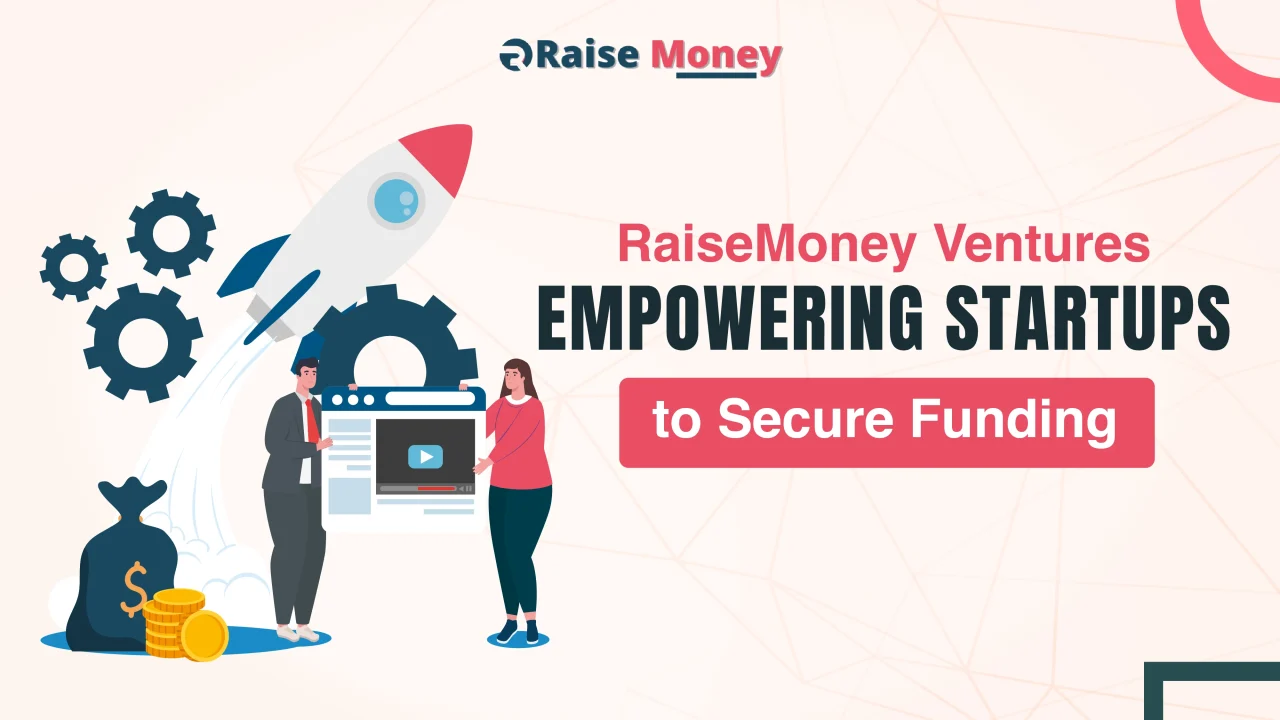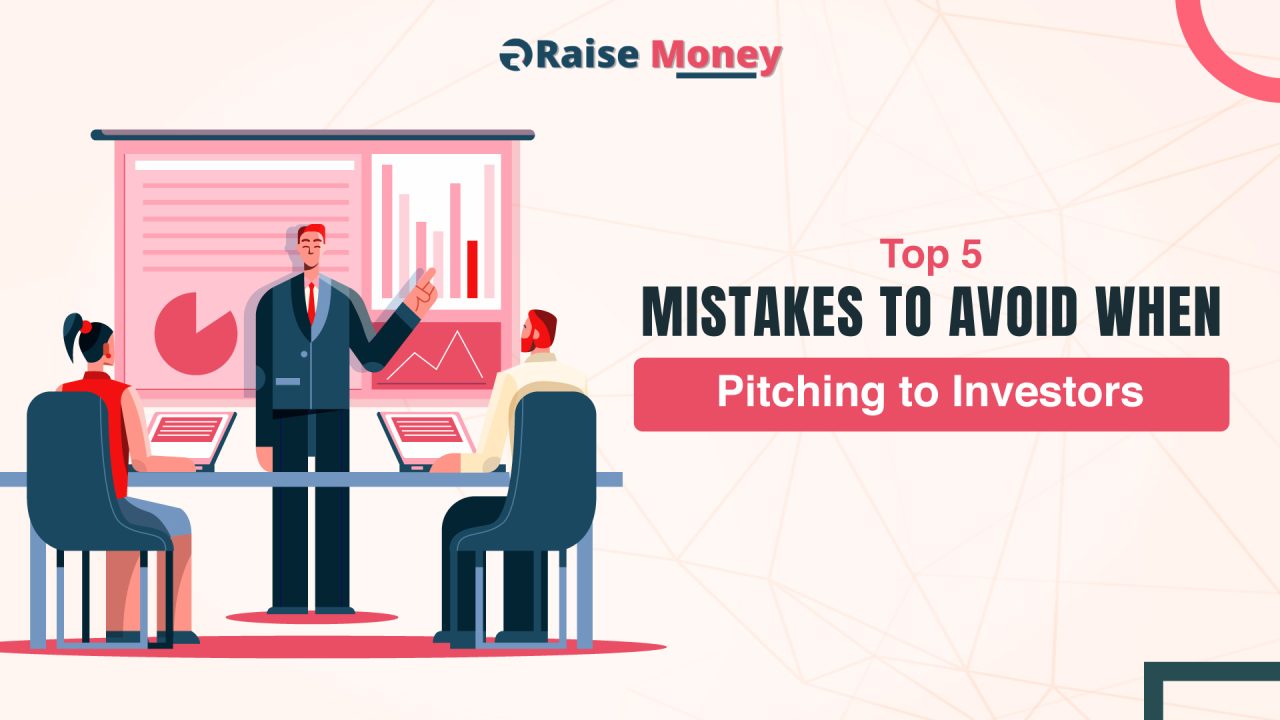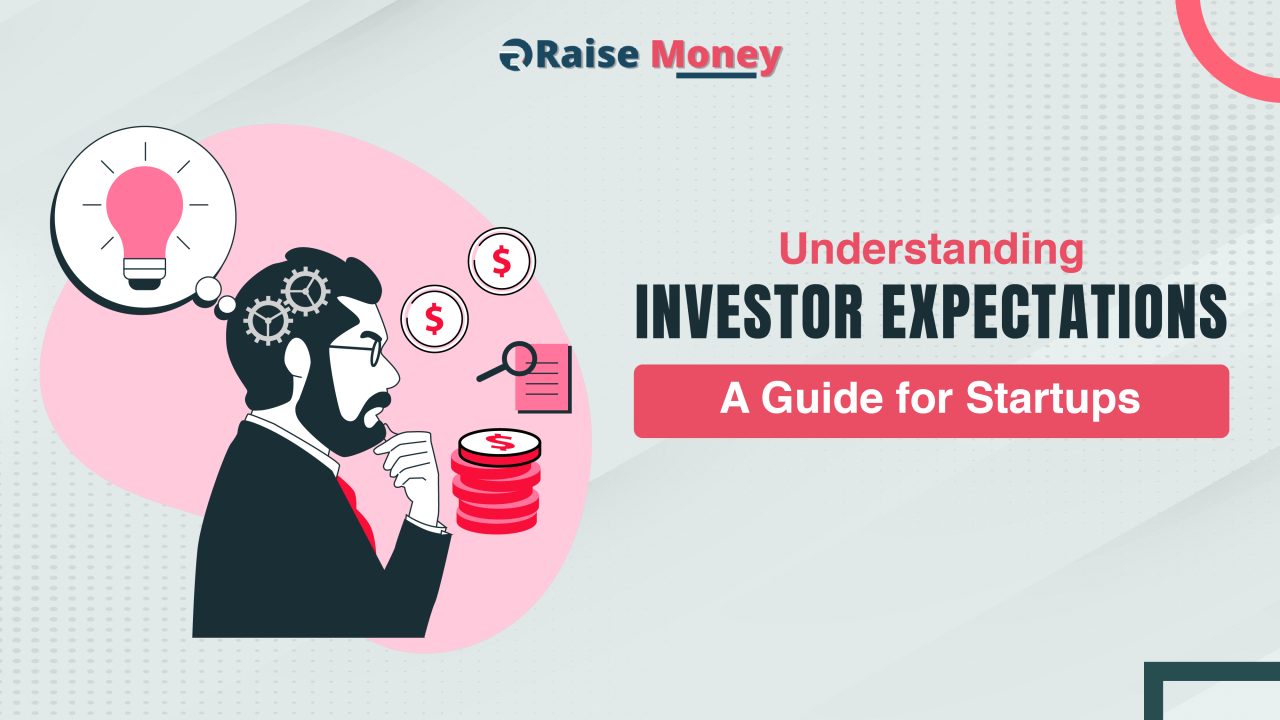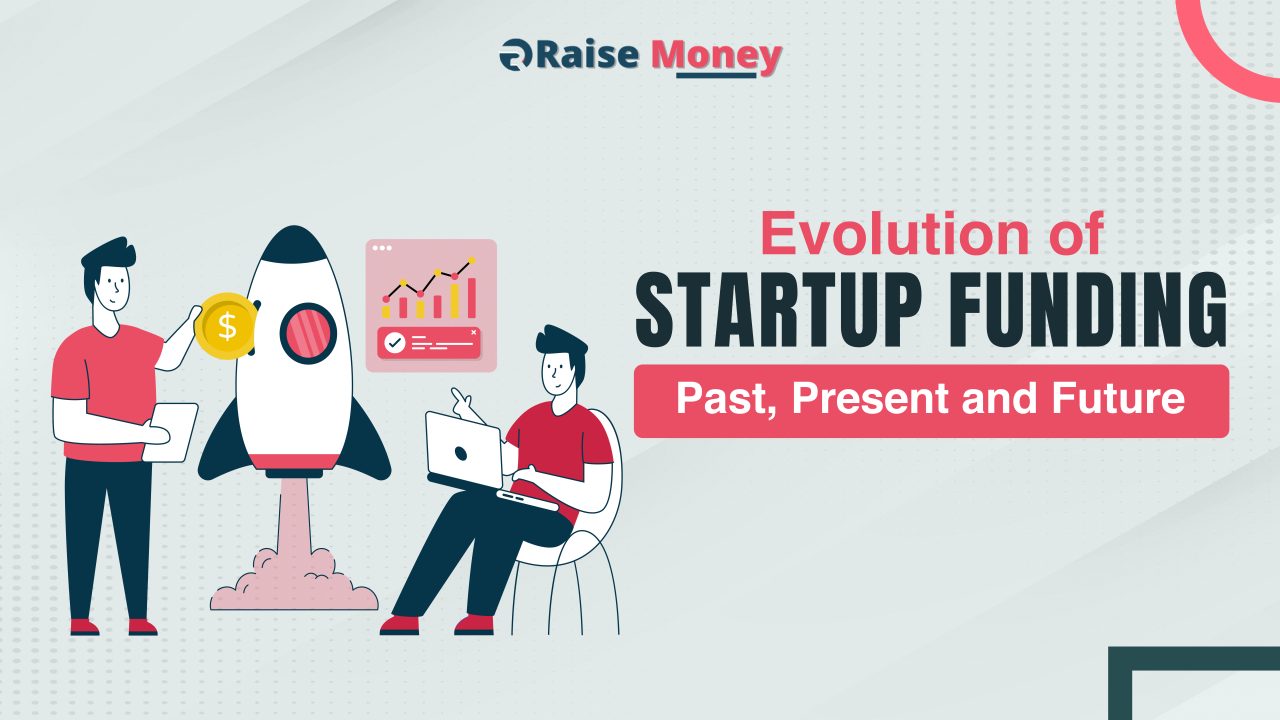RaiseMoney Ventures: Empowering Startups to Secure Funding
Embarking on a startup journey is both exhilarating and challenging. One of the most significant hurdles entrepreneurs face is securing the necessary funding to transform their vision into reality. This is where RaiseMoney Ventures steps in, revolutionizing the way founders and investors connect. In this comprehensive guide, we’ll explore how RaiseMoney Ventures can be your…












